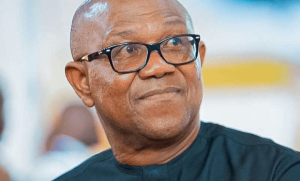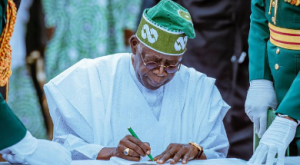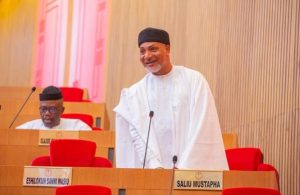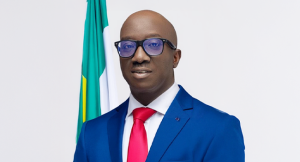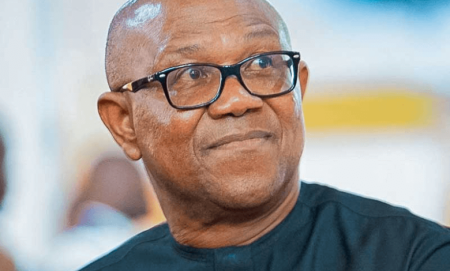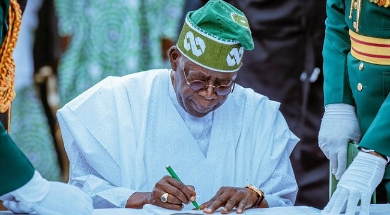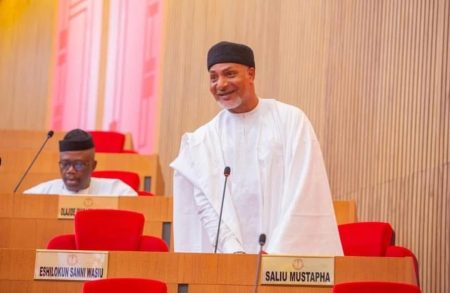The Supreme Court has set October 22 as the date to hear a legal challenge filed by 16 state governments questioning the constitutionality of the Economic and Financial Crimes Commission (EFCC).
This suit, initially brought forward by Kogi State, has now been joined by 15 additional states, all contesting the legal framework under which the EFCC operates.
During a session on Tuesday, a seven-judge panel led by Justice Uwani Abba-Aji granted permission for these states to be co-plaintiffs and allowed for the consolidation of their cases with the original suit filed by Kogi State’s Attorney General. The states involved include Ondo, Edo, Oyo, Ogun, Nassarawa, Kebbi, Katsina, Sokoto, Jigawa, Enugu, Benue, Anambra, Plateau, Cross-River, and Niger.
When the case was called, the states’ legal representatives presented their arguments. Most states requested to be co-plaintiffs, while two sought consolidation. Abdulwahab Mohammed (SAN), representing Kogi State’s Attorney General, informed the court of the states’ positions and asked for guidance on proceeding.
The 16 states argue that the EFCC’s establishment violated constitutional provisions, as a majority of state legislatures did not approve the EFCC Act. They contend that this lack of approval renders the EFCC an illegal entity.
Kogi State, the original plaintiff, is seeking declarations that the Federal Government lacks authority to manage state or local government funds through the EFCC or any other agency, and that the EFCC and other federal agencies cannot investigate or arrest individuals regarding the administration of such funds.
This legal challenge arises as the EFCC prepares to prosecute former Kogi governor Yahaya Bello for alleged fraud amounting to N110 billion. Recently, Kogi’s House of Assembly passed legislation to establish a state anti-corruption agency, which Governor Usman Ododo has signed into law, stressing that this new body will not compete with the EFCC or ICPC.



